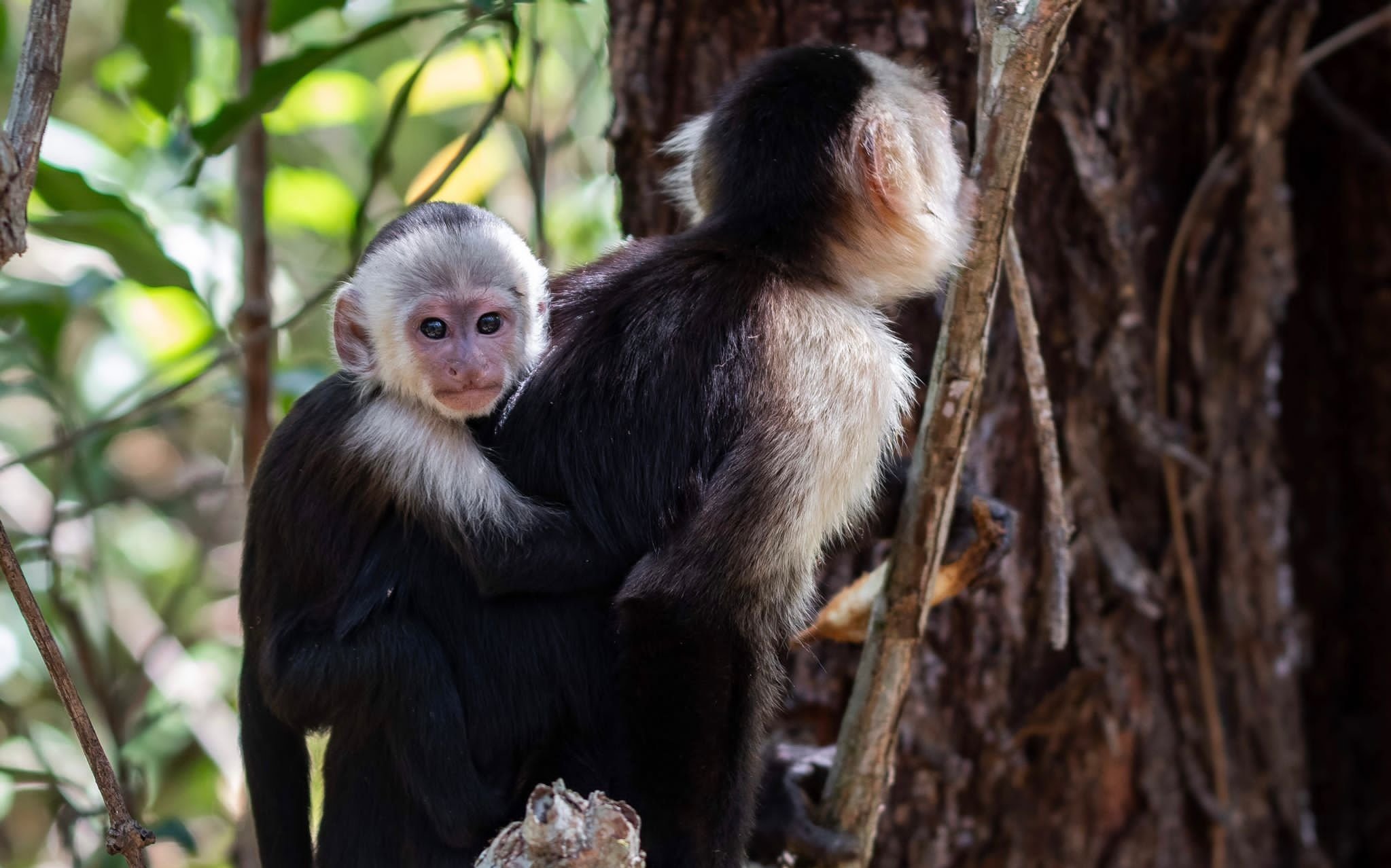
Interested in joining our team?
We’d love to hear from you!
Individuals interested in interning or volunteering with us, please see below for available opportunities and instructions on how to apply. If no opportunities are currently listed, we invite you to check back every few months and to sign up for our email list at the bottom of this page. Costa Rican nationals interested in interning with us, please Contact Us directly to inquire about potential opportunities.
Students interested in pursuing advanced degrees in primate behavioral ecology, please review the lab and institution-specific instructions on the personal websites of our co-directors, linked on our Team Members Page.
To get in touch regarding potential collaborations and partnerships, please Contact Us by using our online form or by emailing us at SantaRosaPrimates@gmail.com
Volunteer Opportunities
We have no opportunities currently available, but we encourage you to check back frequently and to sign up for our email list (see directions above).
Please note that our volunteer positions typically require a minimum 6-month commitment.
The Santa Rosa Primate Project is committed to the values of equity, diversity, and inclusion. We aim to value, support, promote and accommodate team members and collaborators from diverse backgrounds, including women, Indigenous Peoples, persons with disabilities, members of visible minorities or racialized groups, and members of LGBTQ2+ communities, and seek to advance training of members from primate habitat countries. We strongly encourage applications from members of these groups and others and are committed to a research community where everyone can thrive.
